If you’re scrolling through property listings and a villa catches your eye, you’re probably wondering what exactly makes it special. Is it just a bigger house, or does it offer something else? In this guide we’ll break down the core ideas behind villas, point out the main differences from other home types, and give you practical advice if you’re thinking about buying one in India.
First off, a villa is usually a stand‑alone building with its own plot of land. That means you get privacy, a garden or pool area, and often a driveway that’s yours alone. Unlike a townhouse, which shares walls with neighbours, a villa lets you enjoy open space on all sides. This also translates into more natural light and better ventilation – great for hot Indian summers.
Architecturally, villas tend to have a blend of indoor‑outdoor living. Large windows, sliding doors, and terraces are common, letting you step from a living room straight onto a patio. Modern villas often include smart home tech, solar panels, and eco‑friendly materials, so you get a mix of luxury and sustainability.
When you compare a villa to a mansion, the line can blur. A mansion typically refers to a very large, historic property with extensive grounds. A villa can be equally spacious but focuses more on contemporary design and practical layouts rather than sheer size. If you prefer a sleek look with modern amenities, a villa is usually the better fit.
Before you sign on the dotted line, ask yourself a few practical questions. Does the location have good connectivity to schools, hospitals, and shopping centers? Even if you love the quiet, you’ll need reasonable access to daily needs.
Check the builder’s reputation. Look for completed projects rather than just plans. Visiting a model home or a finished villa can give you a feel for the quality of construction, finish, and workmanship.
Pay attention to the land title. Ensure the plot is clearly documented and free from legal disputes. Buying a timeshare villa can sound tempting because it offers a holiday home at a lower upfront cost, but remember you’re buying a shared ownership slot. Make sure the maintenance fees and usage rules match your lifestyle.
Energy efficiency matters more now than ever. Ask about insulation, double‑glazed windows, and whether the villa includes solar panels or a rain‑water harvesting system. These features cut down on utility bills and are better for the environment.
Finally, think about resale value. A villa in a fast‑growing neighborhood or near upcoming infrastructure projects will likely appreciate faster than one in a stagnant area. Keep an eye on city planning news to gauge future demand.
In short, a villa offers a blend of privacy, space, and modern comforts that’s hard to match. By checking location, builder credibility, legal paperwork, and green features, you can make a smart purchase that feels like a true home rather than just an investment. Ready to start hunting? Browse listings, set your budget, and keep these pointers in mind – the right villa is waiting for you.
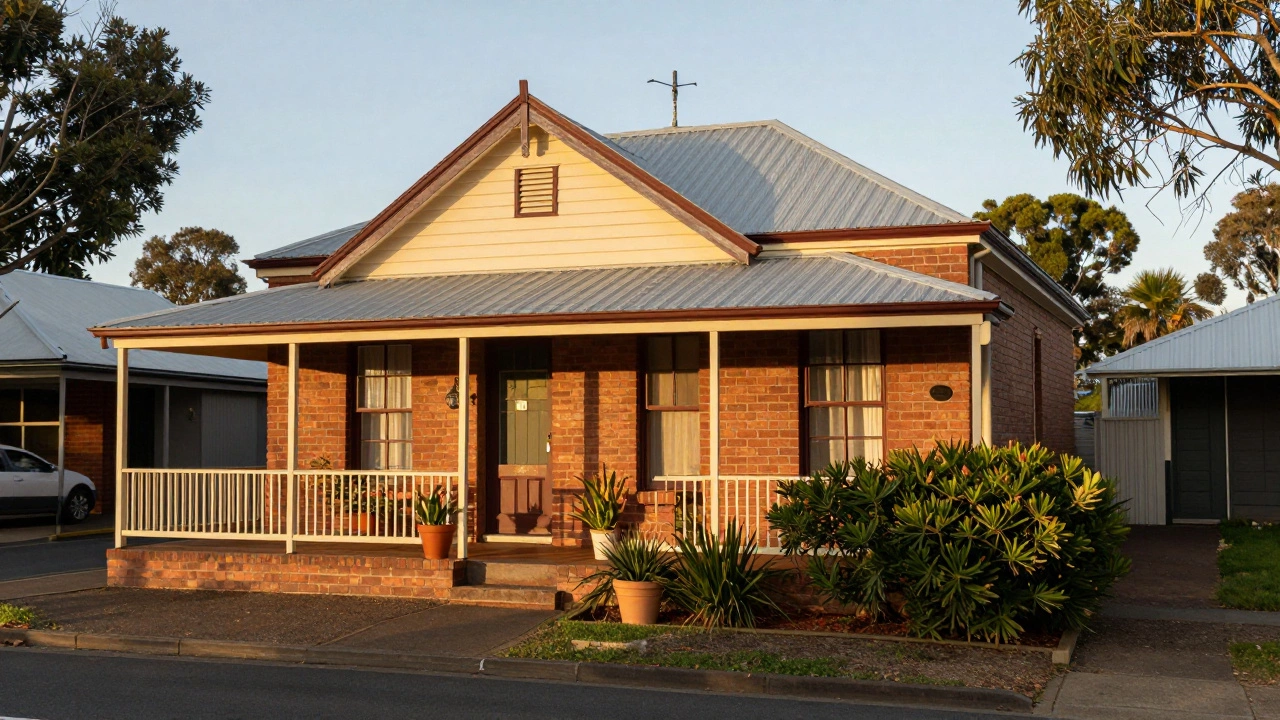
Cottages and villas aren't just different in name-they're different in size, style, and lifestyle. Find out which one is bigger, what you're really getting, and how to choose the right one for your needs.
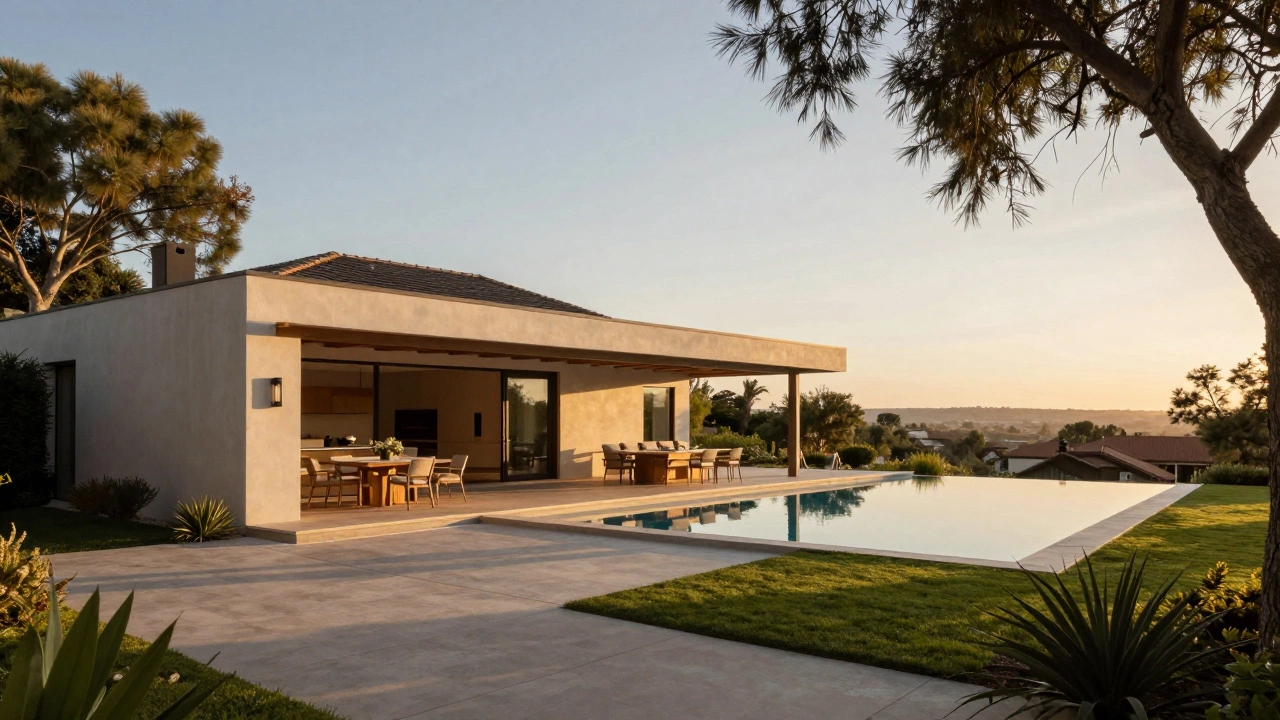
Villas aren't just luxury homes-they're designed for low-maintenance, private, and intentional living. Discover why people choose villas over houses and apartments, and what makes them a smart long-term investment.
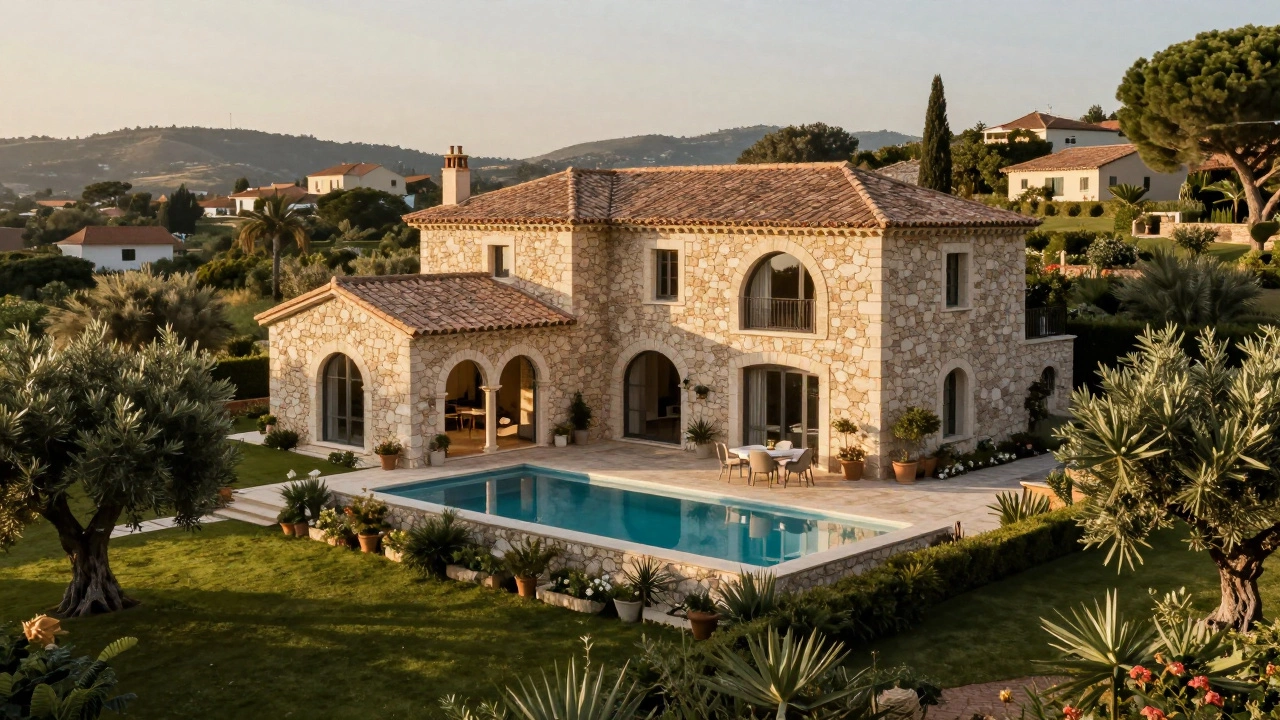
Understand the key differences between a villa and a duplex when buying a home. Learn about space, cost, privacy, and investment potential to choose the right home for your needs.

Villas offer more space, privacy, and design quality than standard homes. They're ideal for families, retirees, and investors seeking comfort without constant maintenance. Discover what makes villas for sale a smart lifestyle choice.

Curious what sets a villa apart from a townhouse? Get the real facts, lifestyle perks, and pitfalls of each, so you can make the right property pick.
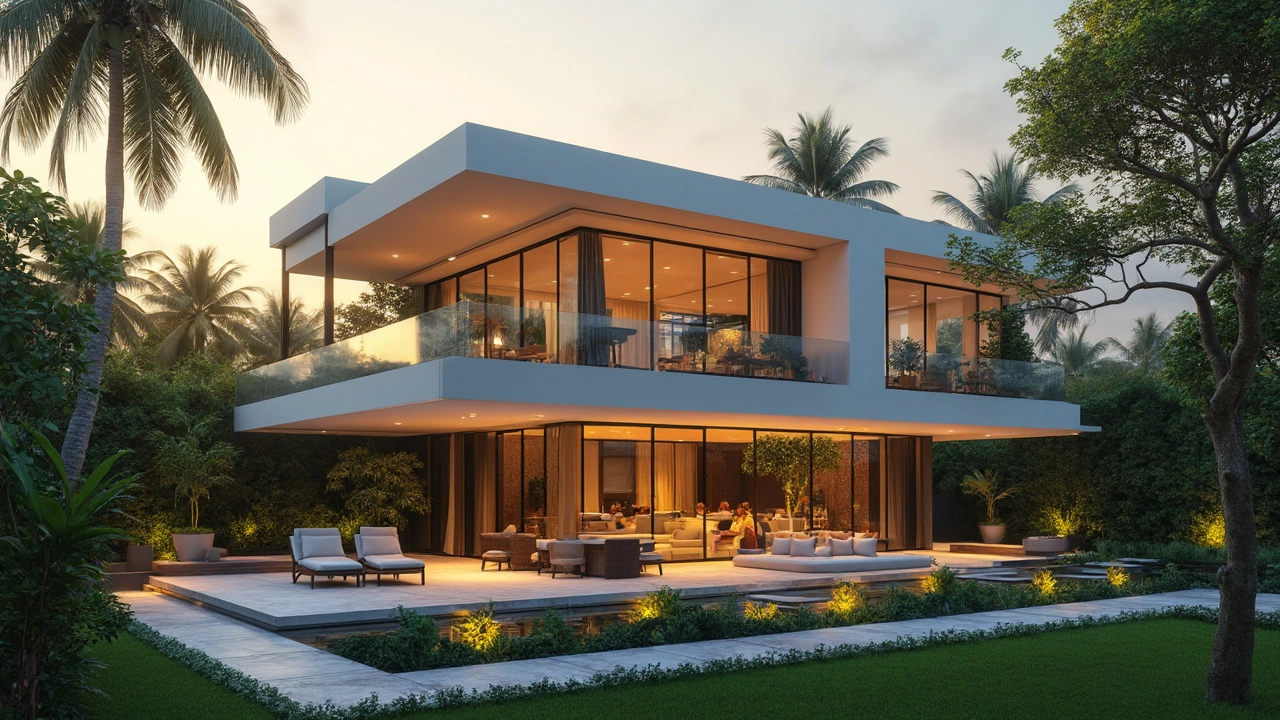
Curious about what makes a villa truly 'modern'? This article breaks down the key features of modern villas, from open spaces and smart tech to sustainability and style. Learn what to look for if you’re thinking about buying one. Get real tips on important details and common mistakes. Make smarter decisions before you invest.
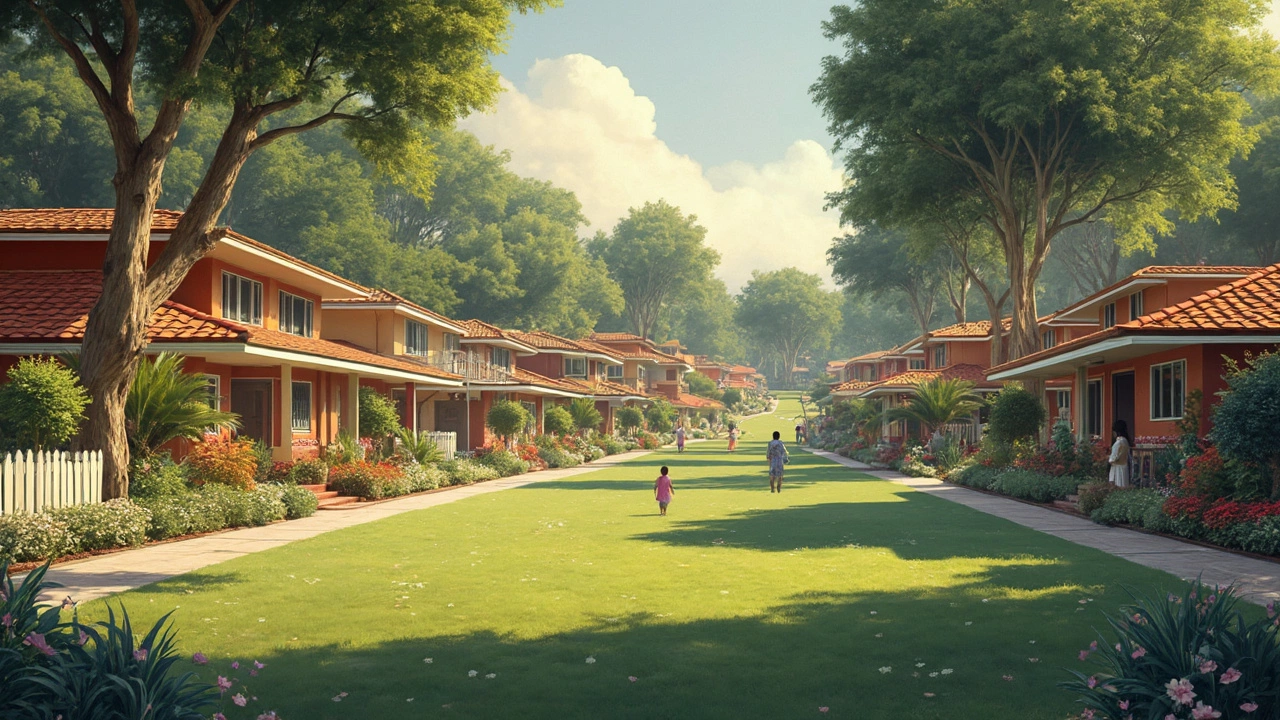
Rambler style houses, also known as ranch-style homes, are single-story structures known for their open floor plans and easy living. These homes became popular in the mid-20th century due to their simple, yet elegant design and efficient use of space. With minimal steps and one-floor living, they are especially appealing for those seeking accessibility. Modern ramblers can blend traditional charm with contemporary updates, making them attractive options for buyers today. Discover the unique features and benefits these houses offer, and learn why they continue to be a popular choice for homeowners.

Choosing between a villa and a mansion involves weighing factors like space, style, maintenance, and personal preference. Villas often offer a cozy, intimate feel with modern amenities, while mansions boast vast spaces and traditional luxury. Both have their perks depending on lifestyle needs, so understanding what's most important to you is key in making the right choice. Cost, location, and upkeep are critical factors to consider before deciding.

A timeshare villa offers a unique opportunity for people to gain partial ownership of a luxurious vacation property. With timeshare ownership, individuals can enjoy a holiday home experience without incurring the full cost of purchasing a villa. This article delves into the concept of timeshare villas, exploring their advantages, potential downsides, and tips for making an informed investment decision.
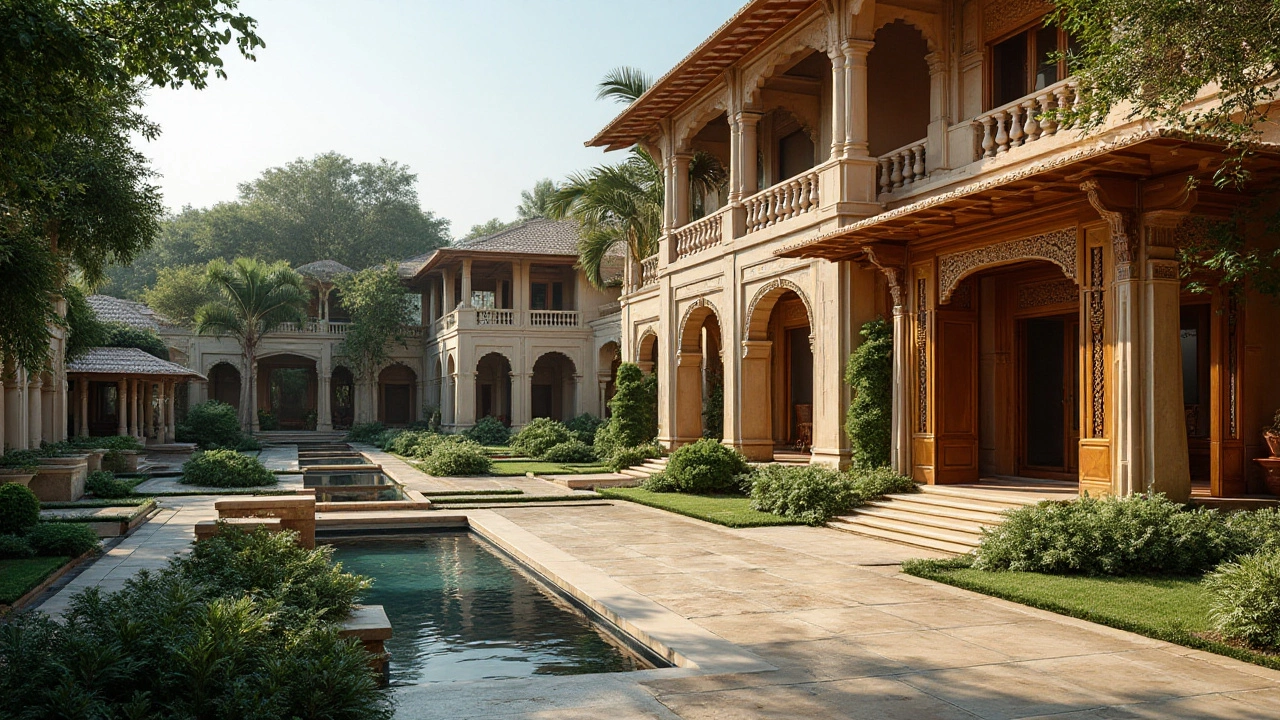
A villa is much more than just a luxury residence; it embodies sophistication, privacy, and upscale living. Defined by its unique architectural design, spacious environment, and a blend of indoor-outdoor living, villas offer an exclusive lifestyle experience. Understanding what sets a villa apart from other homes is crucial for prospective buyers seeking prestigious properties. This article explores defining characteristics, historical evolution, and the benefits of owning a villa.